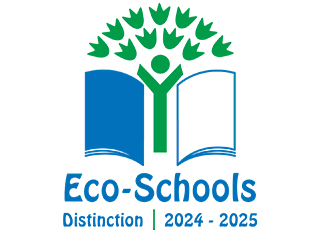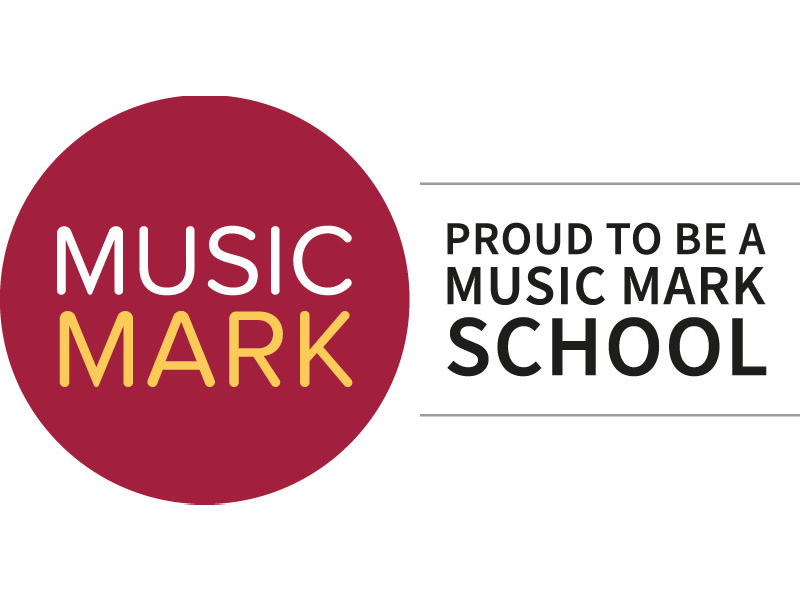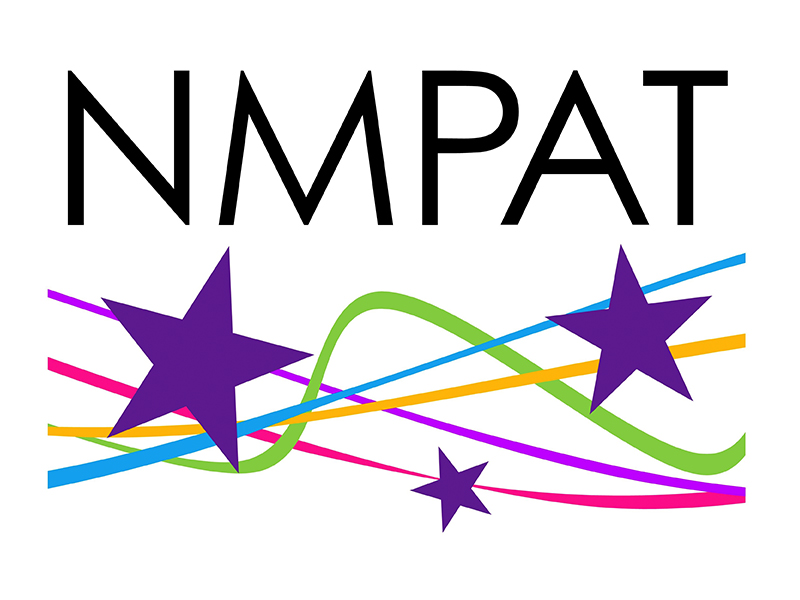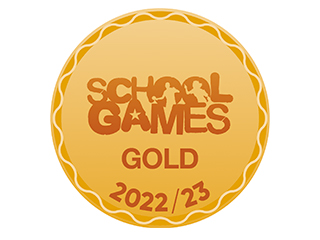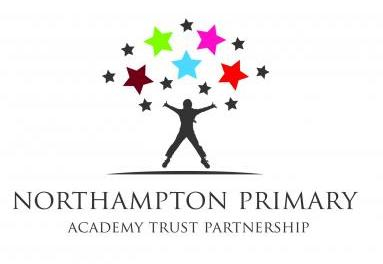Headlands Primary School | Modern Foreign Language Narrative
Introduction
Learning a foreign language is part of the primary National Curriculum and is a requirement for all children within key stage 2 (KS2). Headlands Primary School has adopted a whole school approach to the teaching of French to all KS2 pupils.
Aims
Our aim is to develop the confidence and competence of each child in the foreign language they are learning. Our goal is for them to be passionate, curious and confident about their own foreign language learning abilities when they finish the primary school phase of their education.
We will help them develop and demonstrate substantial progress in the 5 key language skills necessary for learning French:
- Speaking
- Listening
- Reading
- Writing
- Grammar
We aim to ensure that pupils of all abilities develop solid foundations in these key language learning skills - properly preparing them for the next stage of their language learning journey. These skills will develop children’s ability to understand what they hear and read and enable them to express themselves in speech and writing. We will extend their knowledge of how language works and explore the similarities and differences between the foreign language they are learning and English. We will also help strengthen their sense of identity through learning about culture in other countries and comparing it with their own.
Teaching and Learning Overview
Our whole school approach to language teaching and learning is in line with the recommendations of the National Curriculum and the requirements outlined in the Department for Education Languages Programme of Study for Key Stage 2.
The National Curriculum for languages aims to ensure that all pupils:
- Understand and respond to spoken and written language from a variety of authentic sources
- Speak with increasing confidence, fluency and spontaneity, finding ways of communicating what they want to say, including through discussion and asking questions, and continually improving the accuracy of their pronunciation and intonation
- Can write at varying length, for different purposes and audiences, using the variety of grammatical structures that they have learnt
- Discover and develop an appreciation of a range of authentic writing in the language studied.
By the end of key stage 2, pupils should be able to:
- Listen attentively to spoken language and show understanding by joining in and responding.
- Explore the patterns and sounds of language through songs and rhymes and link the spelling, sound and meaning of words.
- Engage in conversations; ask and answer questions; express opinions and respond to those of others; seek clarification and help.
- Speak in sentences, using familiar vocabulary, phrases and basic language structures.
- Develop accurate pronunciation and intonation so that others understand when they are reading aloud or using familiar words and phrases.
- Present ideas and information orally to a range of audiences.
- Read carefully and show understanding of words, phrases and simple writing.
- Appreciate stories, songs, poems and rhymes in the language.
- Broaden their vocabulary and develop their ability to understand new words that are introduced into familiar written material, including through using a dictionary.
- Write phrases from memory, and adapt these to create new sentences, to express ideas clearly.
- Describe people, places, things and actions orally and in writing.
- Understand basic grammar appropriate to the language being studied, including (where relevant): feminine, masculine and neuter forms and the conjugation of high-frequency verbs; key features and patterns of the language; how to apply these, for instance, to build sentences; and how these differ from or are similar to English.
Displays of the topics being taught in French will be displayed around individual classrooms (if space allows) or will feature on a general school board.
Organisation & Delivery
French is taught in a whole-class setting by the class teacher or language specialist and is therefore not reliant on one key member of staff.
Teachers plan their lessons using the Language Angels scheme of work and can supplement this with their own ideas and experience and those of their colleagues.
The lessons are designed to motivate, captivate and interest children from the first moment. They have clear, achievable objectives and incorporate different learning styles. SEN children have access to the curriculum through variation of task, grouping or support from an adult.
Each class has a timetabled lesson of at least thirty minutes per fortnight.
French can also be revisited in short sessions throughout the week to consolidate knowledge and ensure new language is retained.
French lessons include:
- PowerPoints and interactive whiteboard materials
- Interactive games (which pupils can access from home to consolidate their learning)
- Songs & raps
- Differentiated desk-based consolidation activities
- Worksheets (at three different levels of challenge) are provided throughout each teaching unit and can be used in class or can be sent home to be completed as a homework exercise
Each lesson will focus on a combination of the 5 key language learning skills (speaking, listening, reading, writing and grammar).
Below is an example outline of the units we will cover throughout KS2:
|
Year 3 & Year 4 |
Year 5 & Year 6 |
|
Core Vocabulary * & Phonetics |
Do You Have A Pet? |
|
I'm Learning <INSERT LANGUAGE> |
What Is The Date? |
|
Animals |
The Weather |
|
Musical Instruments |
Clothes |
|
Little Red Riding Hood or Ancient Britain |
The Romans |
|
I Can… |
The Olympics or Habitats (Progressive Version) |
* Core Vocabulary lessons cover; Classroom Commands; Colours; Days Of The Week; Maths Calculations; Months Of The Year; Numbers 1 – 100; Maths Calculations.
Resources
The Language Angels scheme is a fully online resource enabling all teachers in all classes to have instant and continuous access to all the resources they need to teach whichever lesson they choose.
Evidence of Teaching & Learning and Transition at End of Key Stage
Where appropriate worksheets completed by the children may be kept in their books which can be passed through the years and become a portfolio of their learning. Teachers can also upload scans of pupil written work along with audio and video recordings of pupils speaking and presenting in French to a centralised secure file store on their Tracking & Progression Tool.
All of this information along with the pupil’s individual Learning & Progression Timeline and skills progress reports can be forwarded to their secondary school at time of transition.
Assessment of Pupil Learning & Progression
Two forms of assessment are available at the end of every Language Angels unit:
- Peer and self-assessment ‘I can do…’ grids. A quick and easy way for all pupils in the class to record which units they have completed and the progress they are making.
- More detailed skills based assessments using bespoke skills assessment worksheets. This form of assessment enables us to determine the learning and progression of all pupils in the key language learning skills as well as monitoring their progress against the 12 attainment targets stipulated in the DfE Languages Programme of Study for Key Stage 2.
Monitoring and evaluation
The Subject Leader monitors the effectiveness of the language teaching provided throughout the school via regular termly observations with feedback given to teachers delivering foreign language lessons. The Subject Leader and class teacher will together monitor the learning and progression made by pupils across the key stage.
The Subject Leader will encourage, where appropriate, class assemblies and presentations in French. They will also encourage cross-curricular topics be taught in French to knit together various areas of the curriculum.
All data, ranging from evidence of classroom teaching to individual pupil skills reports, is securely stored on a password protected database. This can be accessed by class teachers, the Subject Leader and SLT so all key stakeholders can evaluate delivery, performance and progress. This data can be presented to parents at parent-teacher meetings and will also be used to ensure the Foreign Languages SEF is updated as appropriate.
Subject Documents
| Title | Description | Download |
|---|---|---|
| pdf KS2 Unit Planner | Download | |
| pdf Skills Progression by Year Group | Download |




